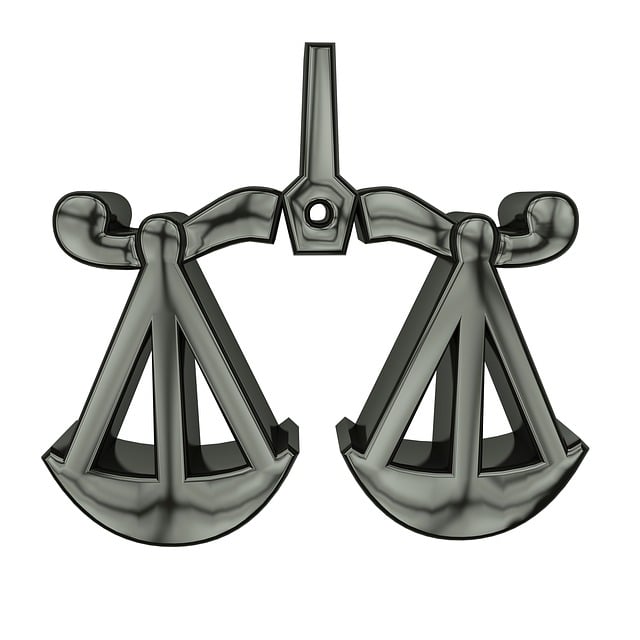Mail wire fraud targeting healthcare providers is on the rise, involving deceptive electronic communications that manipulate victims into transferring money or sensitive information. This fraud often poses as legitimate entities and can lead to significant financial losses and legal complexities. To combat this, healthcare providers must implement robust security measures such as data encryption, MFA authentication, regular updates, and employee training on phishing scams. Early detection through audits and proactive monitoring is key. In case of suspected fraud, specialized Healthcare Provider Legal Dispute Assistance is crucial for investigating anomalies, gathering evidence, and pursuing legal actions. This ensures transparency, accountability, and fair representation, ultimately safeguarding patients and provider interests while facilitating quality care.
Mail wire fraud poses a significant threat to healthcare providers, leading to substantial financial losses and legal disputes. Understanding this complex scheme is crucial for navigating the challenges it presents. This comprehensive overview delves into the intricacies of mail wire fraud, its impact on the healthcare sector, and the strategies employed to prevent and detect these fraudulent activities. Furthermore, we explore the pivotal role of legal dispute assistance in mitigating risks and safeguarding healthcare providers’ interests.
- Understanding Mail Wire Frauds: A Comprehensive Overview
- Impact on Healthcare Providers and Legal Disputes
- Strategies to Prevent and Detect Fraud
- Role of Legal Dispute Assistance in Healthcare Sector
Understanding Mail Wire Frauds: A Comprehensive Overview
Mail wire fraud is a sophisticated crime that has become increasingly prevalent, targeting individuals and organizations alike, particularly in the healthcare sector. This type of fraud involves the deceptive use of electronic communication to manipulate victims into transferring money or sensitive information. Typically, perpetrators pose as legitimate entities, such as banks or legal dispute assistance services, to gain trust and carry out their schemes.
Healthcare providers, in particular, are vulnerable to these scams due to the frequent financial transactions and legal disputes they encounter. White-collar defense strategies are essential here, focusing on prevention and early detection. Achieving extraordinary results in combating mail wire fraud requires staying informed about common tactics, implementing robust security measures, and educating employees about the latest threats. By doing so, healthcare providers can protect themselves and their patients from financial loss and legal complications.
Impact on Healthcare Providers and Legal Disputes
Mail wire frauds have a profound impact on healthcare providers, who often become unwitting targets in sophisticated financial crimes. These fraudulent schemes can lead to significant financial losses for healthcare organizations, affecting their operational stability and ability to deliver quality care. When healthcare providers fall victim to mail wire fraud, it not only undermines their financial health but also disrupts the delicate balance of patient care and service provision.
Legal disputes arising from such frauds can be complex and time-consuming, requiring specialized assistance in white collar defense. Healthcare providers often seek legal counsel that understands both the unique aspects of their industry and the intricacies of general criminal defense. Navigating these legal complexities alongside the recovery process is crucial for rebuilding trust within the healthcare sector and ensuring the integrity of philanthropic and political communities that rely on them.
Strategies to Prevent and Detect Fraud
To prevent and detect mail wire fraud, healthcare providers should implement robust security measures. This includes encrypting sensitive data, employing strong authentication methods like multi-factor authentication (MFA), and regularly updating software to patch vulnerabilities. Additionally, training employees on phishing scams and suspicious activity can significantly reduce the risk of internal errors or complacency. Regular audits and monitoring of financial transactions can help identify unusual patterns or discrepancies that might indicate fraudulent behavior.
In case a fraud is suspected, healthcare providers should seek legal dispute assistance tailored to their respective business needs. Engaging specialized professionals with an unprecedented track record in investigating and enforcing anti-fraud measures ensures comprehensive support throughout all stages of the process. They can provide crucial insights into detecting anomalies, gathering evidence, and pursuing legal actions effectively. This proactive approach not only safeguards the integrity of healthcare operations but also fosters a culture of transparency and accountability.
Role of Legal Dispute Assistance in Healthcare Sector
In the complex landscape of healthcare, where trust and transparency are paramount, Legal Dispute Assistance plays a pivotal role in safeguarding both patients and providers. This specialized service acts as a crucial pillar within the healthcare sector, offering support and guidance during legal disputes that may arise at any stage, from initial investigations to final jury trials. It ensures that all parties involved, whether corporate or individual clients, receive fair representation and advocacy.
Healthcare Provider Legal Dispute Assistance is instrumental in navigating the intricate web of regulations and laws that govern medical practices. These experts facilitate communication, mediate conflicts, and provide legal counsel tailored to the unique needs of healthcare organizations. By offering comprehensive assistance throughout the investigative and enforcement process, they help maintain the integrity of the industry, fostering an environment where quality patient care remains the top priority.
Mail wire frauds pose significant risks to healthcare providers, leading to costly legal disputes. Understanding these fraudulent practices, their impact on the sector, and implementing robust prevention strategies are essential. Healthcare provider legal dispute assistance plays a crucial role in mitigating these threats, ensuring fair practices, and safeguarding the integrity of the industry. By adopting advanced detection methods and staying informed, healthcare organizations can navigate these challenges effectively, fostering a secure environment for patients and professionals alike.






